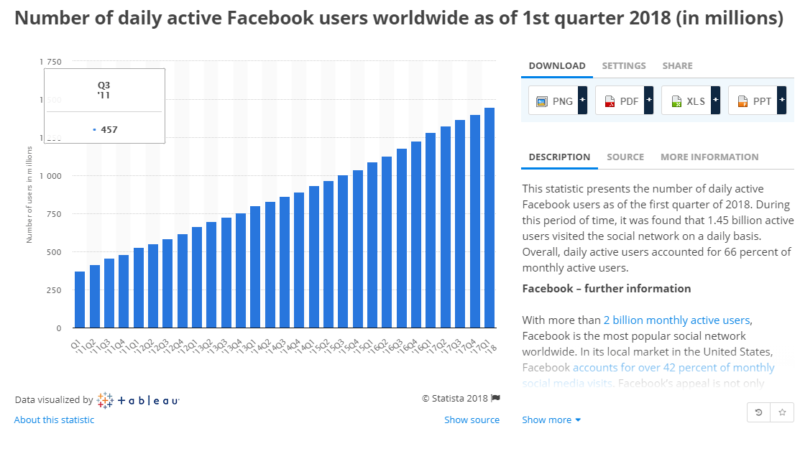How social networks usurp Google’s local search dominance
Google may dominate most results, but not local search. Contributor Wesley Young looks at how Facebook and other social networks take a significant share of local search away from Google.
 Google remains at the forefront of developments in many areas that have the potential to disrupt local search.
Google remains at the forefront of developments in many areas that have the potential to disrupt local search.
Artificial intelligence (AI), virtual reality (VR), the internet of things (IoT), voice search and cloud technology are all being increasingly used by consumers and businesses alike.
Yet there is one area where Google doesn’t sit in pole position: social media.
Google is way behind in social
Google has made several attempts to get some traction in social media: Orkut, Dodgeball, Buzz, Latitude. The fact that you likely don’t recognize these names says enough about their success.
The one Google hasn’t given up on is Google+, or more recently, “G+.” With a major rewrite of the Android app as recently as this past spring, Google has tried hard to boost its usage, even overreaching at times by mandating the creation of a G+ account in order to use certain features of its more popular products.
On the positive side, those who use it seem to like it. Google+ ranked tops amongst social media companies in last year’s American Consumer Satisfaction Index (ACSI) survey.

But when you look at the usage numbers, they lag significantly behind.
Google claimed that at the end of 2013, it had 540 million monthly active Google+ users. According to SmartInights, quoting data from StaticBrain (paywall), in 2017, it was estimated that only 4-6 million were active.

Compare that to almost 1.5 billion daily active Facebook users.

In other words, Google’s social media presence is less than 0.4 percent of Facebook’s.
Why social will win local search market share
A Local Search Association (I am affiliated with this organization) study conducted by Burke in 2016 showed that word of mouth or referrals from friends and family was tied with company websites for second place among resources that consumers used to look up or learn about local products and services.
Contributing authors are invited to create content for MarTech and are chosen for their expertise and contribution to the search community. Our contributors work under the oversight of the editorial staff and contributions are checked for quality and relevance to our readers. MarTech is owned by Semrush. Contributor was not asked to make any direct or indirect mentions of Semrush. The opinions they express are their own.
Related stories